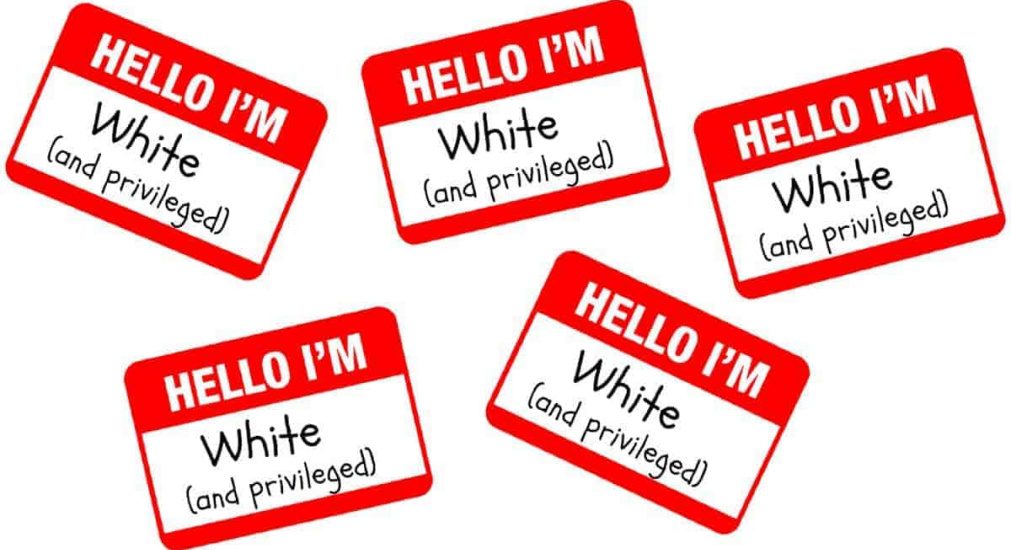KJIPUKTUK (Halifax) – In Nova Scotia and beyond most persons of European descent believe that the reason for their success is that they worked so hard.
Many white people received scholarships to go to college, were awarded a degree or two, a master’s degree or even a PhD, and then landed very lucrative positions.

Others ended up in high paying management positions, married and had a few children and purchased an expensive home in an area of their choice. They took possession of daddy’s business and inherited a lot of money.
Most of these examples are about unearned benefits as a result of white privilege, the kind of unearned and unjustified advantages that are not automatically bestowed upon people of colour.
Frequently these unearned benefits are taken for granted by persons of European descent. They believe that everything they have they earned through hard work, and therefore privilege does not enter into the equation.
They don’t realize that often money made by their ancestors from the enslavement of African people contributed to the fortunes they inherited.
This system of racism and injustice started well over five hundred years ago, and it’s not just about wealth.
It’s also about getting the help you need over others, for example nine times out of ten a white person will get the assistance they need in a department store long before persons of African descent do.
In fact, most white store owners and workers are too busy upholding the stereotype of the African person as a shoplifter by following them around. Meanwhile many white people walk away with the goods.
Caucasian people are asked less frequently for ID than Persons of Colour, they also enjoy hassle free use of credit cards. They are not pulled over while operating a motor vehicle because they are “driving while white” unless one of their buddies wants to say hello.
School texts including history books are 95 percent dedicated to the white slant on history and white priorities. Schools even glorify them while diminishing the contributions of others. Government bailouts are most always to help white people.
The welfare system was set up to support white war efforts and to support white women, while People of Colour had to fight to receive welfare benefits. Even band aid skin tones reflected white people’s skin tones only.
If one caucasian person does something wrong, it is just an individual thing, but if an African Nova Scotian does something wrong, it is all of our people that suffer the generalizations.
As well, if a white person does something praiseworthy it is the entire white race that shares in the glory. However, if an African Canadian or African Nova Scotian accomplishes something good it is considered to be an exception to the rule.
Let’s be honest, Unearned white privilege is discrimination of the worst kind and corporate welfare at its best. There is so much more to be said to describe in detail this unequal and unrelenting practice.
Be it also known that many white people can never be more than “anti-racist racists.”
However there are some that have taken ownership of their unearned privilege and have become valuable allies. As well, there are signs, and some research backs this up, that white children will not maintain the old guard routines, and that there is hope for a better future.
Each new generation is different, and one would hope more open-minded and tolerant than previous generations.
Dismantling racism and unearned privilege however, will require more than hope and wishful thinking. It will require major shifts in thinking, values and attitudes. It means re-education, confronting the past and the reality of the present, and restructuring oppressive structures.
With a special thanks to our generous donors who make publication of the Nova Scotia Advocate possible.
Subscribe to the Nova Scotia Advocate weekly digest and never miss an article again. It’s free!




If you have to state, “I’m not a racist,” you are. Recent example: Liam Neeson.
Remember the “flesh” crayon colour? It got changed to peach. I still see women’s lingerie colour of nude, though it’s often called beige now.